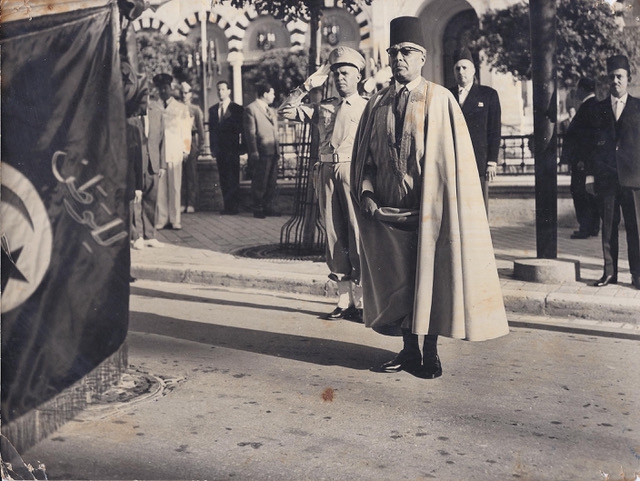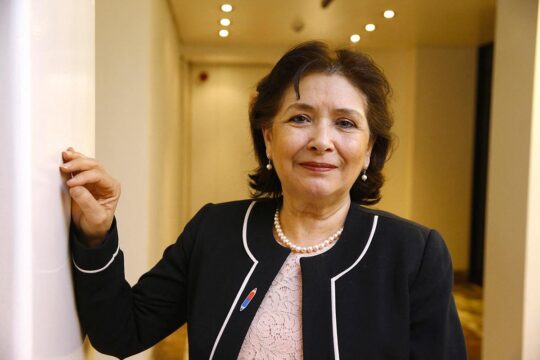A third survey by the Transitional Justice Barometer research body aims for reform of Tunisia’s history teaching manuals.
History and memory are a central concern of victims in Tunisia, according to a survey by the Transitional Justice Barometer. There is a persistent feeling that the authorities have forgotten or are even deliberately denying historical events related to dissidence that have taken place in the contemporary period. Six years after the revolution, only small changes have been made to history textbooks in schools.
The Transitional Justice Barometer is a social science research mechanism bringing together national researchers of the Tunis-based Kawakibi Centre for Democratic Transitions and international researchers from Dutch NGO Impunity Watch and the University of York in the UK.
Its latest survey is entitled “History and collective memory in Tunisia: contrasting ideas. Teaching recent history and the figure Bourguiba today”. Like its previous surveys in 2015 and 2016, this is a qualitative study. The survey is based on interviews with secondary school history and civic education teachers. Their criticisms and evaluations of school textbooks provide pointers for another, more “objective” and less partisan way of teaching history.
“Of the three studies carried out so far, this one is notable for the immediate impact that it can have,” says jurist Wahid Ferchichi, a TJ expert who coordinated the research. “At a time when Tunisia is reflecting on education reform, it proposes fundamental reform of a major subject for Tunisian pupils.”
Historical omissions
Before giving a voice to the teachers, the survey’s authors start by drawing a distinction between history and memory.
“History is an academic subject, based on the objectivity of research and rigorous methodology,” they write. “Memory draws on the subjectivity of something experienced by an individual, a family, group or community. It is therefore necessary to recognize that history is only one of several factors that go to make collective memory, which draws on many other sources including community or family accounts and public commemorations.”
The authors stress how difficult it is to interpret historical facts, especially for societies in transition or emerging from conflict.
In their interviews, the teachers seem aware of one thing: writing history can be a political act, which is fundamentally partial. They also admit the efforts they have to make to distinguish between what they believe, what they think and what they have to teach. They point to numerous things omitted from schoolbooks, such as the ancient kings of Tunis summed up in four pages, contemporary political figures overshadowed by the omnipresent figure of Bourguiba, the role played by trade unions overlooked, and regional histories ignored.
“A country’s past is generally considered by governments as an important resource to build its values, and authoritarian governments often exert official control over the way the past is represented,” says the survey. “The recourse to collective myths in order to gain political legitimacy leads to the crushing of communities through false images and stereotypes. Collective memory then becomes a source of social unrest.”
“Too much politics has killed the cultural aspects”
In their reform proposals, the teachers criticize the method of using dictations, which encourages pupils to be passive, excluding debate and exchange in the classroom. They recommend introducing a more proactive, lively and dynamic approach that also uses digital and audio-visual resources.
For the teachers interviewed, transitional justice should counteract attempts to subvert History. “The Truth and Dignity Commission should correct history, so as to ensure equality for everyone,” says a history teacher in the southern mining region of Gafsa. “Memory that unites people can only protect against extremism and ensure love of the country.”
The hegemony of political history in school history classes appears problematic for the teachers interviewed, who would like it to also to include teaching of artistic, scientific and social facts, events and personalities, which are also part of the country’s history.
“Too much politics has killed the cultural aspects of our country’s modern history,” stresses a female teacher in the coastal region of Sousse.






